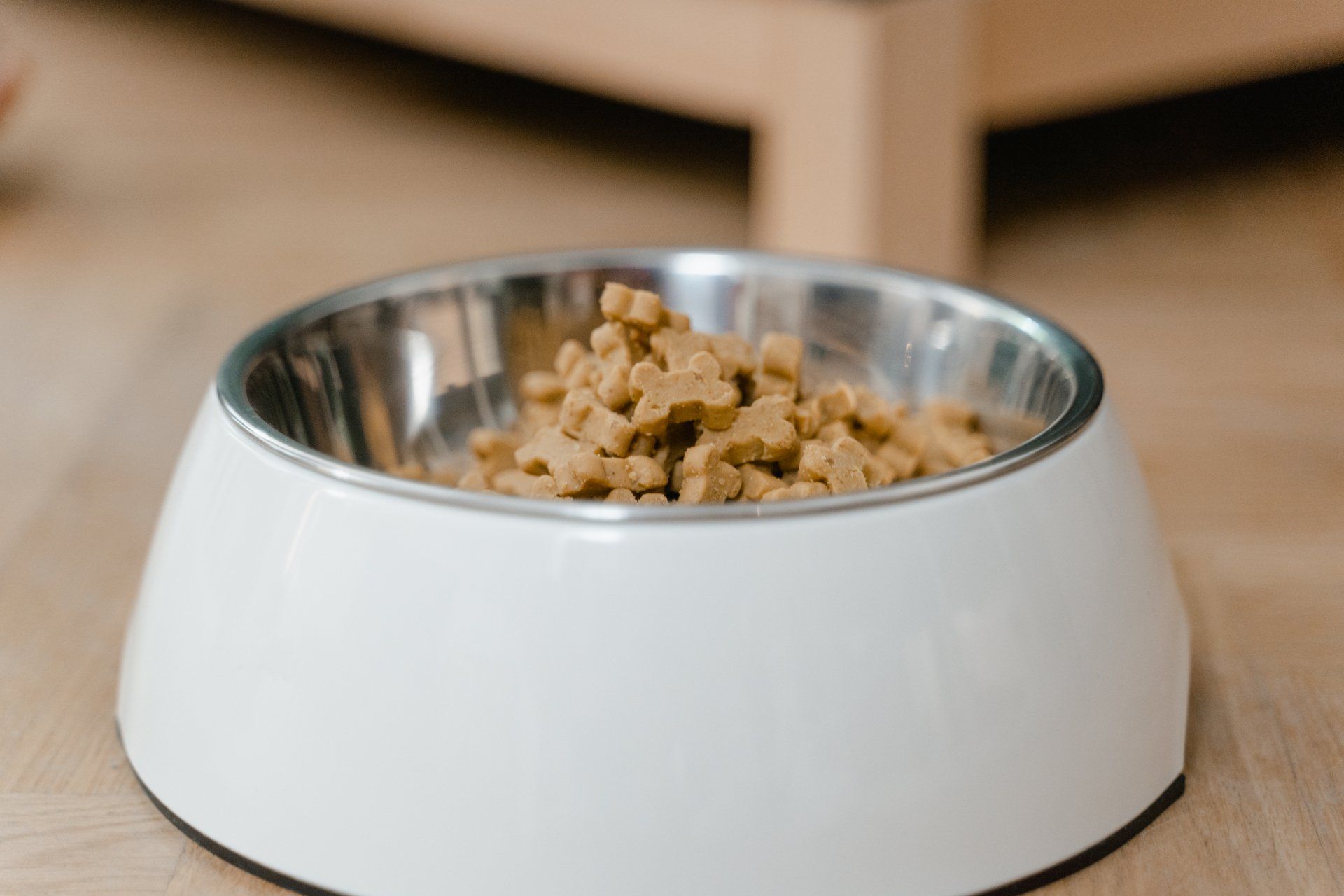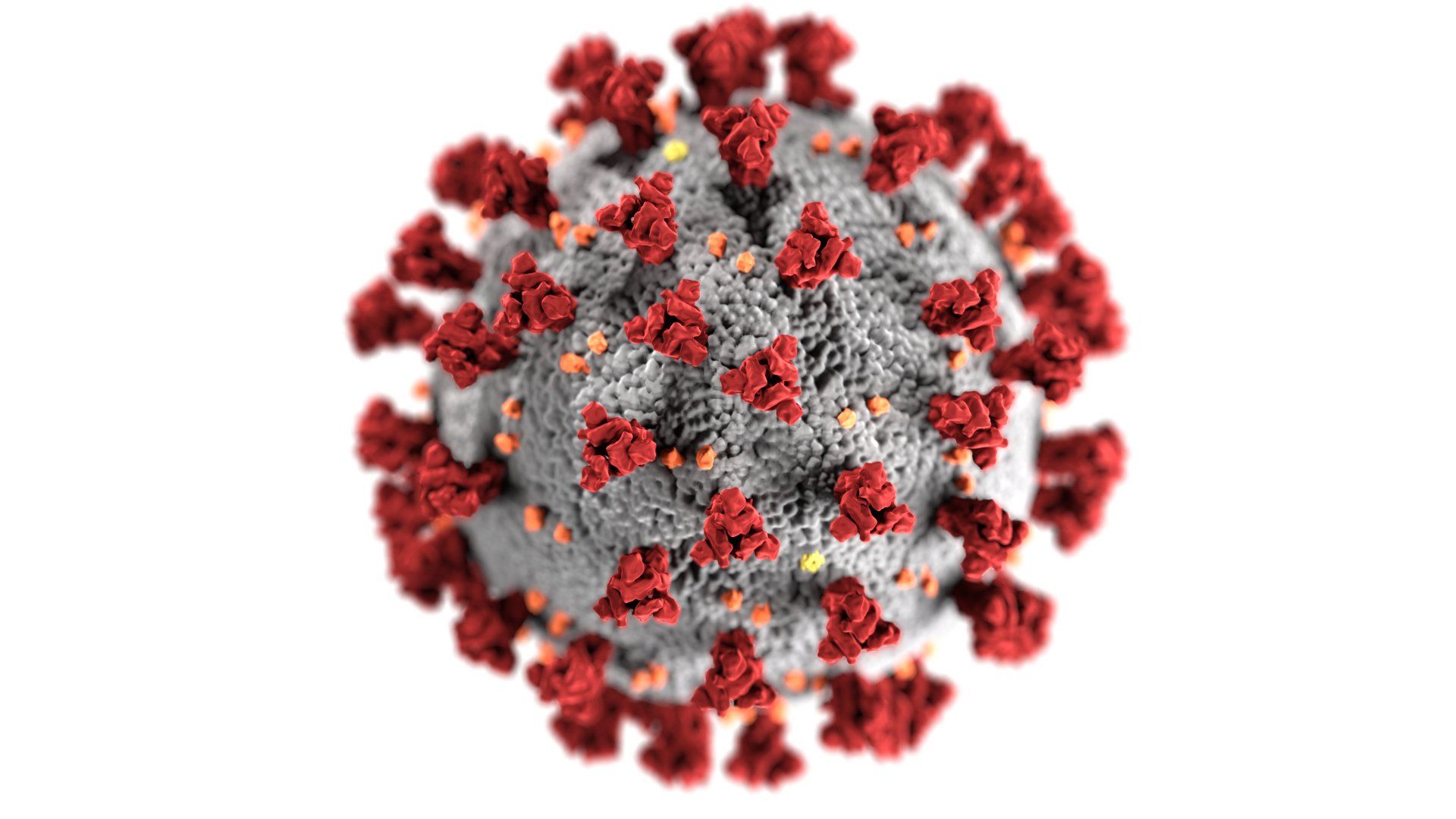Intestinal Parasite Testing
Intestinal Parasite Test
At Akron Barberton Veterinary Clinic, we recognize the tremendous value in preventive medicine and preventive care. This is the basis of all medicine, in that "an ounce of prevention is worth a pound of cure." This is a famous quote from Benjamin Franklin that rings ever so true today. In this article, we discuss the importance of fecal testing, what we call the Intestinal Parasite Test.
An Intestinal Parasite Test (IPT) is a very important part of the routine care of a dog, cat, or any other animal. In some animals, it is highly recommended to perform serial testing (testing several times over the course of time) of fecal samples. This is often called this paired testing a fecal egg reduction test.
Why is it important?
An IPT is vital to the well-being of animals, as parasites often cause clinical diseases. These range from general ill-thrift to more debilitating diseases. Ill-thrift may simply show up as an animal that is growing slowly, is lethargic, or simply one that fails to perform well. Some animals, particularly the younger ones, can carry a large enough parasite load to cause death. Some parasites are even transmittable to humans, something that we call Zoonosis.
Can I just Deworm My Pet?
While deworming products are readily available, they are limited in their abilities to treat parasites. There are really only three classes of dewormers available and worms can get resistant to each class over time. For this reason, it is important to identify the specific worms that are present in order to treat them effectively.
What is an Intestinal Parasite Test?
The IPT is a test that we perform on a fecal/ stool sample using a microscope to look for the eggs of each different type of worm. This test involves several steps in order to be performed appropriately. The first step is placing the fecal sample into a special solution. This is often a specialized sugar solution that makes the worm eggs easy to detect once the test is completed. The solution is strained to eliminate larger particles and pieces of debris. Once strained, the solution is placed into a centrifuge and spun at a high speed for about 10 minutes. This helps to separate the eggs from the actual fecal matter (poop). Once the spinning is complete, a cover slip, which is a small piece of glass, is placed on the solution. The parasite eggs float to the top and “stick” to the cover slip. The cover slip is placed onto a slide and then looked at under the microscope.
What Worms are detected?
An IPT is a great test to detect several parasites, or worms. For dogs and cats these include Roundworms, Hookworms, Whipworms, Tapeworms (though it is not as reliable for tapeworms), and coccidia.
Perhaps one last reason to consider an Internal Parasite Test is to limit the burden of worms within the Akron and Barberton areas. These worms can build up in common areas, such as dog parks and along local paths and walking routes. By yearly testing of a stool sample, we can detect and treat these parasites to make them less likely to be around in the environment, making your pet less likely to pick them up in their day to day lives. This keeps your pet healthy and living longer. Please contact us if you have any questions about yearly/ routine fecal testing (the Intestinal Parasite Test).










